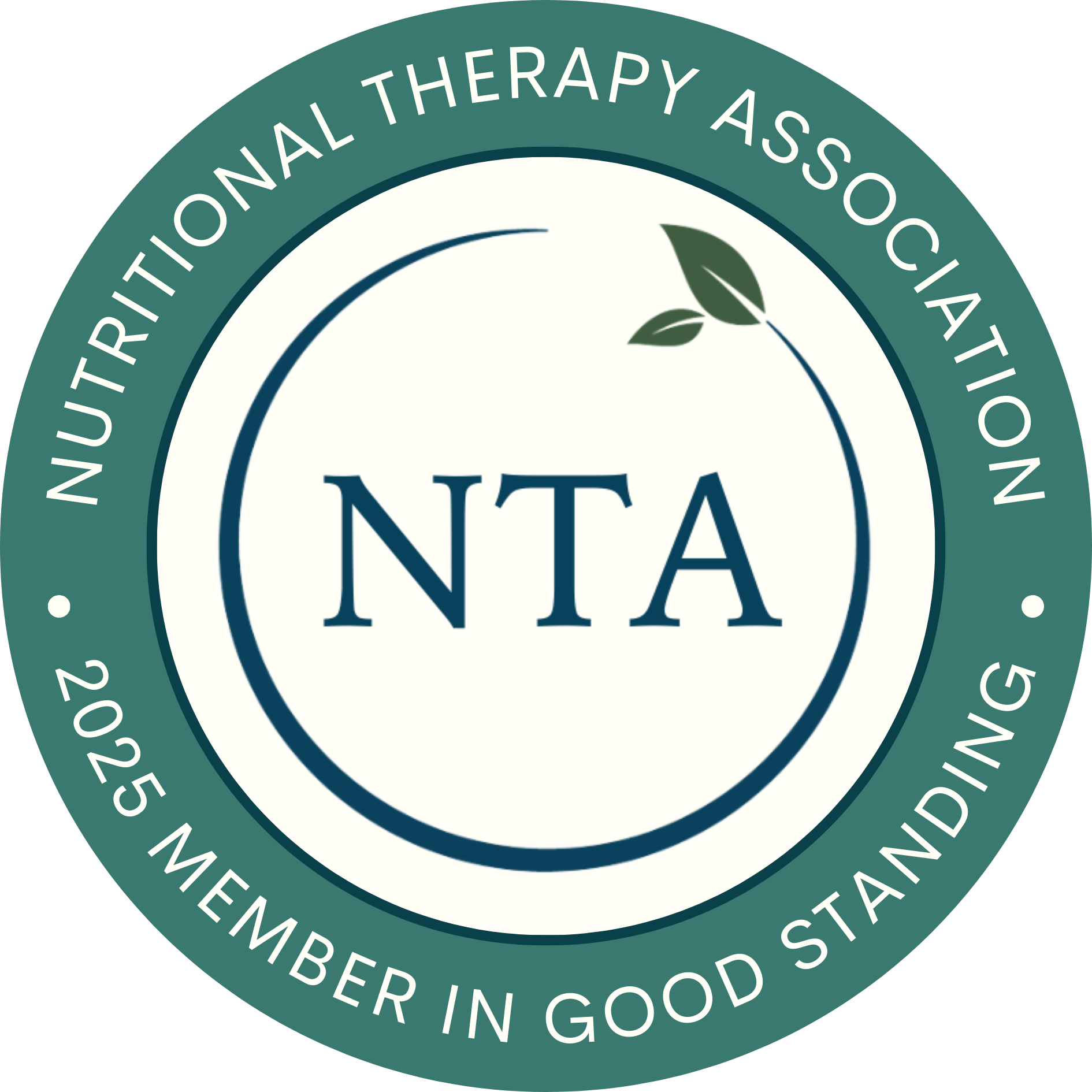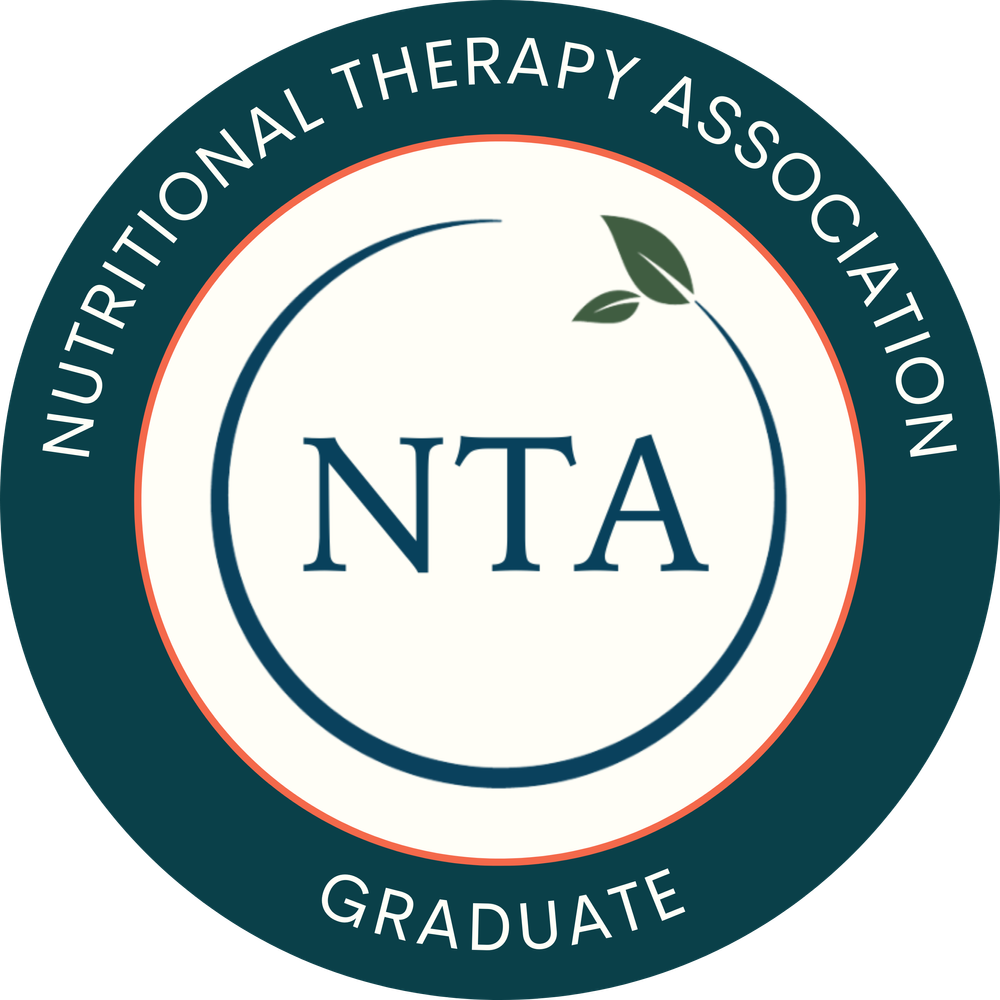Sleep leadership - it is time

Foundation: Sleep - restore & repair
Have you ever heard the term “sleep leadership”?
Sleep leadership refers to the idea that there are actions organizational leaders can take to encourage better sleep habits in their employees, which can in turn improve their workplace outcomes and support the overall health of an organization (1).
For someone like me, who loves both work and health, this concept is not only music to my ears, but it gives me hope that sleep may have the opportunity to reclaim its rightful priority in our lives.
Given the magnitude of the negative effects associated with sleep deprivation, studies devoted to it identify the public health concerns, demonstrating how worthy it is of our attention (2).
With our work lives occupying such a sizable chunk of our day, embracing sleep leadership could offer us a powerful opportunity to start course correcting.
In this post, I’d love to look at:
1. How sleep deficits can manifest in the workplace and how they are costing us
2. Revisit the Foundation of sleep and what healthy sleep habits look like
3. How sleep leadership can be practiced and supportive to healthy sleep habits
When we wrap up, it should become evident how pivotal sleep leadership is to our workplaces and the potential it opens up when this vital Foundation is supported.
If you are a leader, destined for leadership, or eager to optimize your performance, it may be more crucial to your long-term success (and health) than you realize.
How sleep deficits can manifest in the workplace
While we may courageously crusade through our days believing we are effectively hiding our insufficient or poor-quality sleep, I don’t think we realize how evident it can be.
In other words, perhaps we aren’t hiding it as well as we think we are.
While the body exhibits signs of sleep deficits in a variety of ways, those most salient in the workplace seem to be those that relate to our cognitive function, emotions, and physical health - which in turn, show up in the quality of our work, our decisions, our workplace interactions, and our attendance to name a few examples.
Studies shed light on some signs of sleep insufficiency including:
- Reduced ability to be creative, make decisions, and solve complex problems
- Difficulty in self-regulation and judgment
- Memory and attention
- Poor mood and increased tension and aggression (3, 4)
With these deficits in mind, I can see how they not only impact career success of an individual, but their ability to perform effectively in teams and contribute to organizational goals.
If I reflect upon and observe how a lack of sleep did (and does) manifest for me, I’m not far off from what the studies are showing:
- Simple tasks take me longer to complete
- Thoughts circle and I return to “square one” over and over
- Lack of creativity, insight and a unique wisdom that I can offer to solve a problem – this seems to make me more prone to want to copy or lean on others
- My ability to focus suffers and I am more easily distracted
- Failure to prioritize correctly and even defer completion of important things (which I figure out later)
- Struggle to remember
- Sluggish digestion
- Cravings for sugar or caffeine
- Lag time between thinking and speaking (sometimes, I swear my brain and mouth aren’t connected!)
Maybe you’ve experience similar patterns in yourself – and maybe not. It is important that you listen to and observe your body to understand what it is trying to communicate to you.
The flip side is also true for me.
When I finally learned how to prioritize sleep, I felt far more effective in my work, more insightful, more focused, and able to see the true issues to be solved.
How are sleep deficits costing us?
I recently stumbled across a profound cross-country comparative analysis study called, “Why Sleep Matters—The Economic Costs of Insufficient Sleep” that quantifies just how poor sleep is costing us.
It is referenced in the References & Further Reading section below (2).
It is a worthwhile read, if you have the opportunity, as it brings to light the pervasive consequences that sleep deprivation has across many facets of our lives, from health and well-being, work and school performance, to the overall productivity of our economies.
When all these areas funnel together, and we look the resulting economic costs, the study outlines the Canadian economy at a loss of $21.4 billion, and our neighbours to the south in the US, experiencing the greatest loss of the countries studied, with a loss of $411 billion.
Clearly, continuing on this costly path isn’t sustainable (or ideal from any angle), so a turning of the tides almost seems inevitable.
Revisiting the Foundation of Sleep
Sleep is recognized as a Foundation of Health for good reason.
It is the irreplaceable process whereby the body undergoes an essential restorative period to regain strength and function.
As we journey through the cycles of sleep, our bodies have the opportunity to repair, detoxify, and recalibrate.
The intended result is a body that functions optimally on all levels – from the depths of our cells, to our physical substance, coordination, cognition and the ability to remember, create, and focus…and everything in between.
Sleep must be of adequate quality and quantity to reach this intended result.
In the world of holistic and functional nutrition, we are also conscious of how sleep interweaves into the health of the other Foundations. Without adequate sleep our ability to manage stress, properly digest and absorb our food, maintain balanced blood sugar and metabolic health all become impaired.
In other words, all other basic physiological functions weaken without this fundamental Foundation well intact.
What do healthy sleep habits look like?
The beauty (or irony, depending upon how you look at it) is that while sleep is a complex process, it can be approached very simply.
That said, like any other healthful practice, there are habits and rituals we can establish that section off time and space to honour it.
Here are some healthy sleep habits I have come to advocate for:
- Morning sunlight - receive morning sunrise sunlight in your eyes to optimally initiate your circadian rhythms and thus hormones levels for the day and set the foundation for optimal sleep at night.
- Day time sunlight - get as much sunlight exposure during the day as you reasonably can.
- Caffeine cut off time – ensure that you observe a point in your day whereby you don’t consume any caffeine rich drinks (or foods) beyond that point. For many, this is around 2 pm, but could even earlier, depending upon bio-individuality.
- Wind down time - allow yourself a wind down period at night, that is, a break from technology, artificial lights (candles and red lights are fine), and anything cognitively demanding. Yes, peaceful darkness - for 2 to 3 hours before bed. Just let go of the day.
- Consistency - be as consistent with your sleeping hours as possible. No week schedules of sleep deprivation and weekend schedules of sleeping in and napping to catch up. Avoid these disruptive peaks and valleys. Stay consistent.
- Shift your numbers - anchor down 7 – 9 hours of sleep each night, while shifting your sleeping patterns with the seasons. Move within the 7 – 9 hour range, allowing the higher number for the darker seasons, and the lower number in the lighter seasons.
There are, of course, other habits that can be supportive to sleep, such as journaling, meditation, and reading. And, of course, if these or any other practices are supportive to you, please honour and maintain them in your rituals.
How sleep leadership can be practiced and supportive to healthy sleep habits
According to those engaged in studying the topic, the concept of sleep leadership is understood to have two aspects:
First, that leaders encourage positive sleeping behaviour, and,
Second, enable or facilitate it with their actions, creating parameters that allow it to happen.
With these two aspects in mind, a leader practicing sleep leadership could take the following actions:
- Ask their team members how they are sleeping and show positive concern for their teams’ sleep
- Establish an etiquette or expectation of not working past the clock and no late-night emailing
- Lead by example and honour expectations set
- Give team members autonomy to make decisions
- Adjust schedules to accommodate obligations outside of work
- Be conscientious and cautious of the emotional strain they may be imposing on their team members that could be affecting sleep quality (1)
These actions may seem simple, but to me, they are quite significant.
I see them to be supportive to healthy sleep habits in the following ways:
- Reinforces the priority of sleep and encourages that everyone maintain an awareness of it in the workplace setting
- Creates a healthy boundary around work life, so that it doesn’t bleed into the rest of our existence. It then becomes possible to fit in these vital sleep habits - particularly having consistent and sufficient wind down time in the evening
- Makes it emotionally possible (or easier might be a better word) to let go of the day
With a leadership best practice that is rooted in our shared biology, there is also nothing that divides a leader from those they lead.
In other words, this is not a case of “do as I say, not as I do.”
Leaders must lead by example, placing a priority on sleep in their own lives as well.
Sleep leadership truly demonstrates, for me, an evolved awareness of the influence that leadership has over sleep behaviour and incentivizes (and therefore perpetuates) it as an integral part of leadership and organizational success.
Conclusion and final thoughts
As we wrap things up, the take home message is this:
Sleep is sacred.
Protect it.
I recognize that the topic of sleep (and circadian health) is immense and we are only just scratching the surface. I will continue to chisel away at it in future posts, by virtue of it being such a critical Foundation of Health.
When it comes to sleep leadership, I am reminded of a quote from one of my favourite thought-leaders, Simon Sinek, who says:
“Leaders aren’t responsible for the results. They are responsible for the people who are responsible for the results.”
Practicing sleep leadership offers an impactful way that leaders can demonstrate responsibility of their people.
With this in mind, it might mean getting good at saying:
“Your work is meaningful and appreciated. I care about you. Now go home (or log off) and have a relaxing evening. I am doing the same.
See you tomorrow.”
Sleep leadership – it is time.
Leaders, are you in?
References, Resources & Further Reading:
1. John Hopkins University (2021). Good Managers Conscious of ‘Sleep Leadership’ Study Shows. Retrieved from: https://carey.jhu.edu/articles/news-research/good-managers-conscious-sleep-leadership-study-shows
2. Hafner M, Stepanek M, Taylor J, Troxel WM, van Stolk C. Why Sleep Matters-The Economic Costs of Insufficient Sleep: A Cross-Country Comparative Analysis. Rand Health Q. 2017 Jan 1;6(4):11. PMID: 28983434; PMCID: PMC5627640.
3. Government of Canada, Canadian Centre for Occupational Health and Safety - Fatigue: OSH Answers. Retrieved from: https://www.ccohs.ca/oshanswers/psychosocial/fatigue.html
4. Saggi, A.K., (2022). Successful Sleep Leadership: sleep’s impact on productive leadership & sleep habits of successful leaders. Retrieved from: SleepCycle.com
Chopra & Nocerino. Wake-Up Call on the Road: The Realities of Driving While Fatigued. Retrieved from: chopranocerino.com/fatigued-driving-resource/. (This resource is US based and provides valuable information and reminds us of how far reaching sleep deprivation extends, including road safety.)
Gunia, B. C., Adler, A. B., Bliese, P. D., & Sutcliffe, K. M. (in-press). How are you sleeping? Leadership support, sleep health, and work-relevant outcomes. Occupational Health Science.
Khan MA, Al-Jahdali H. The consequences of sleep deprivation on cognitive performance. Neurosciences (Riyadh). 2023 Apr;28(2):91-99. doi: 10.17712/nsj.2023.2.20220108. PMID: 37045455; PMCID: PMC10155483.
Sinek, S. (2016). Most Leaders Don’t Even Know the Game They’re In. Retrieved from: https://www.youtube.com/watch?v=RyTQ5-SQYTo
Todd McElroy, David L. Dickinson, Thinking about Complex Decisions: How Sleep and Time-of-Day Influence Complex Choices, Consciousness and Cognition, Volume 76, 2019, 102824, ISSN 1053-8100, https://doi.org/10.1016/j.concog.2019.102824. Retrieved from: https://www.sciencedirect.com/science/article/pii/S1053810019300042



